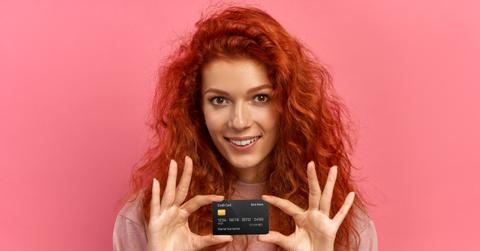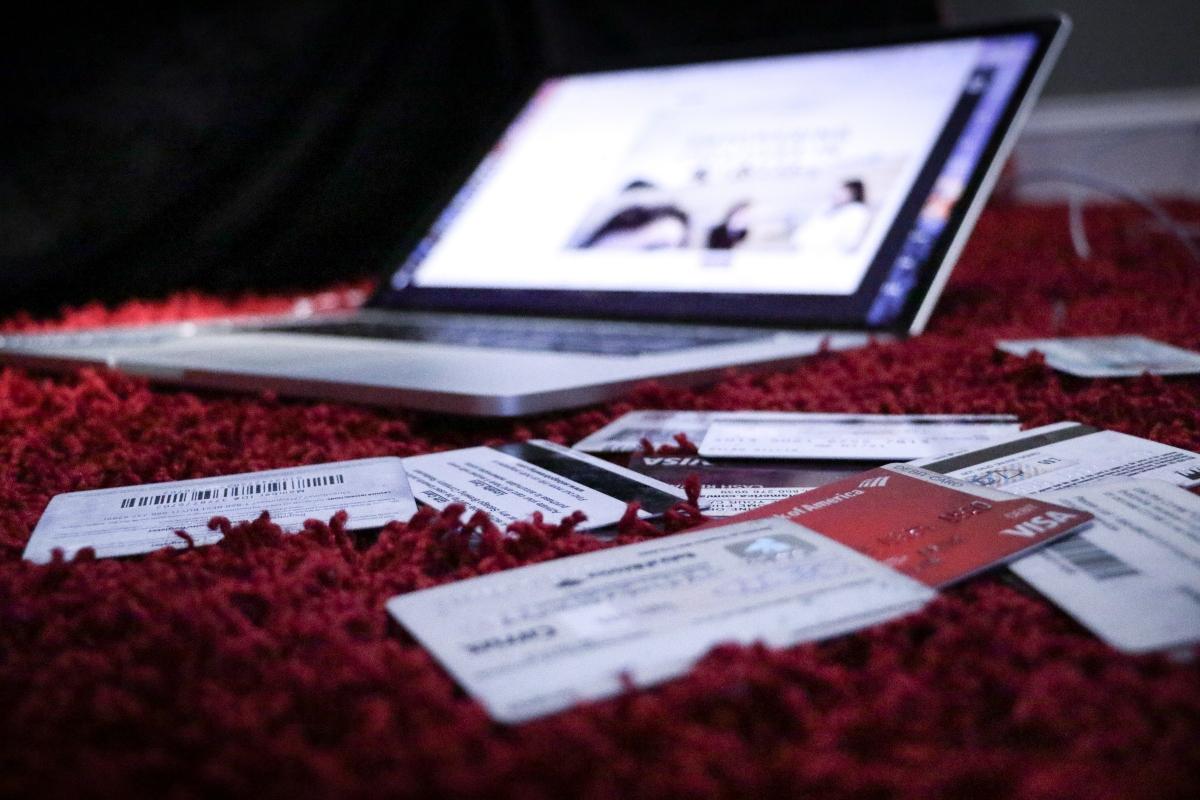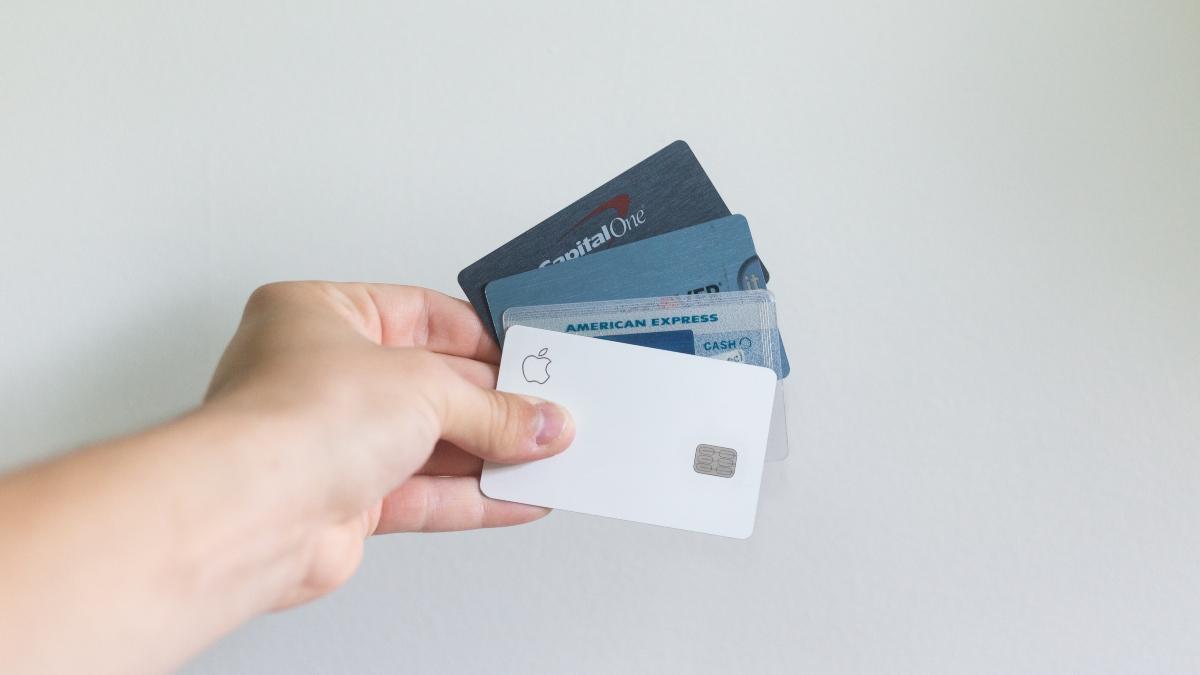Starting Your Credit Journey: How to Apply for Your First Credit Card
Do you know how to apply for a credit card for the first time? For young people, this can be a crucial milestone, and here are the steps to do it.
March 30 2023, Published 4:01 p.m. ET

Despite what some financial gurus may say, credit cards can be an extremely useful tool for a person's financial future. Responsible credit card usage can be beneficial for many years to come and help you get approval for apartment rentals, loans, and more.
But applying for a credit card for the first time can seem daunting.
Having a credit card is one of the best ways to build your credit score, but how do you get started if you haven't used a credit card before? For newer card users such as teenagers looking ahead to the next several years, beginning to build your credit in other ways will help you when you open your own card.
Here are some tips to simplify the process.

Here's how to open a credit card with no history
As Chase explains, there are a few good options for building a credit history (that's the record of your handling of debt, including whether you pay it off on time). The best way to start is to be added to a family member's credit card as an authorized user. You receive your own card in the main cardholder's name, and transactions will appear on your credit report.
Another option is to open a secured credit card. These are proven tools that help people either build credit initially or improve a low credit score. These accounts require an upfront deposit that usually matches your borrowing limit. Be sure the card issuer reports payment records on secured cards to the credit bureaus.
Unsecured credit cards may be available to someone with no credit, although the options are limited. One option is the Capital One Platinum Credit Card, which people with a limited credit history can qualify for. There isn't an annual fee and the company reports to all three major credit reporting bureaus.
(If you apply and don't qualify right away, you might try the authorized-user route again for 6–12 months, then try again after responsible sharing of that account.)

A student credit card may be a good first credit card.
If you qualify as a student, you can probably take advantage of the credit cards geared specifically toward students and their needs. Be sure the card reports to the credit bureaus, that there isn't an annual fee, and that it ideally offers some form of credit monitoring.
These are some of the best student credit cards:
- Deserve EDU Mastercard
- Chase Freedom Student Credit Card
- Discover Student Cash Back and Discover Chrome for Students cards
These cards are designed to help students build up their credit and therefore often approve users with no credit score.

Try these tips for using credit cards for the first time.
For someone who has never used a credit card, being aware of best practices will help ensure a healthy financial future.
- Shop around for a credit card that fits you.
- Pay the card balance in full and on time every month.
- Use your card regularly, but don't spend up to the full credit limit.
- Monitor all credit card charges regularly.
- Don't close your first card; you need it for your credit history.
When you're selecting a card, you may first need to use a good secured card or apply for one that doesn't require a credit score to qualify. Once you've built a bit of credit that way, you can start looking for a second card.
At this point, research a number of cards to find the best one for you. General things to look for would be no annual fee, low APR, and useful rewards for spending.

Paying your balance in full is essential to your first credit card too. Most cards allow you to set up automatic payments on the due date to avoid missing payments or being late. Paying in full and on time will ensure you build a solid credit score.
Keep below a 30 percent credit utilization rate, since credit bureaus factor this into your credit score. This means if your card offers a limit of $1,000, you shouldn't charge more than $300 at any time. (You could pay multiple times throughout the billing period to ensure you stay below that 30 percent rate.)
It's also important, for new as well as seasoned credit card users, to monitor your spending and charges. Check your account regularly or even set up text/email alerts to let you know of certain levels of charges. Checking your transaction history helps you stay on budget and you can report any unauthorized charges immediately to the card company.
